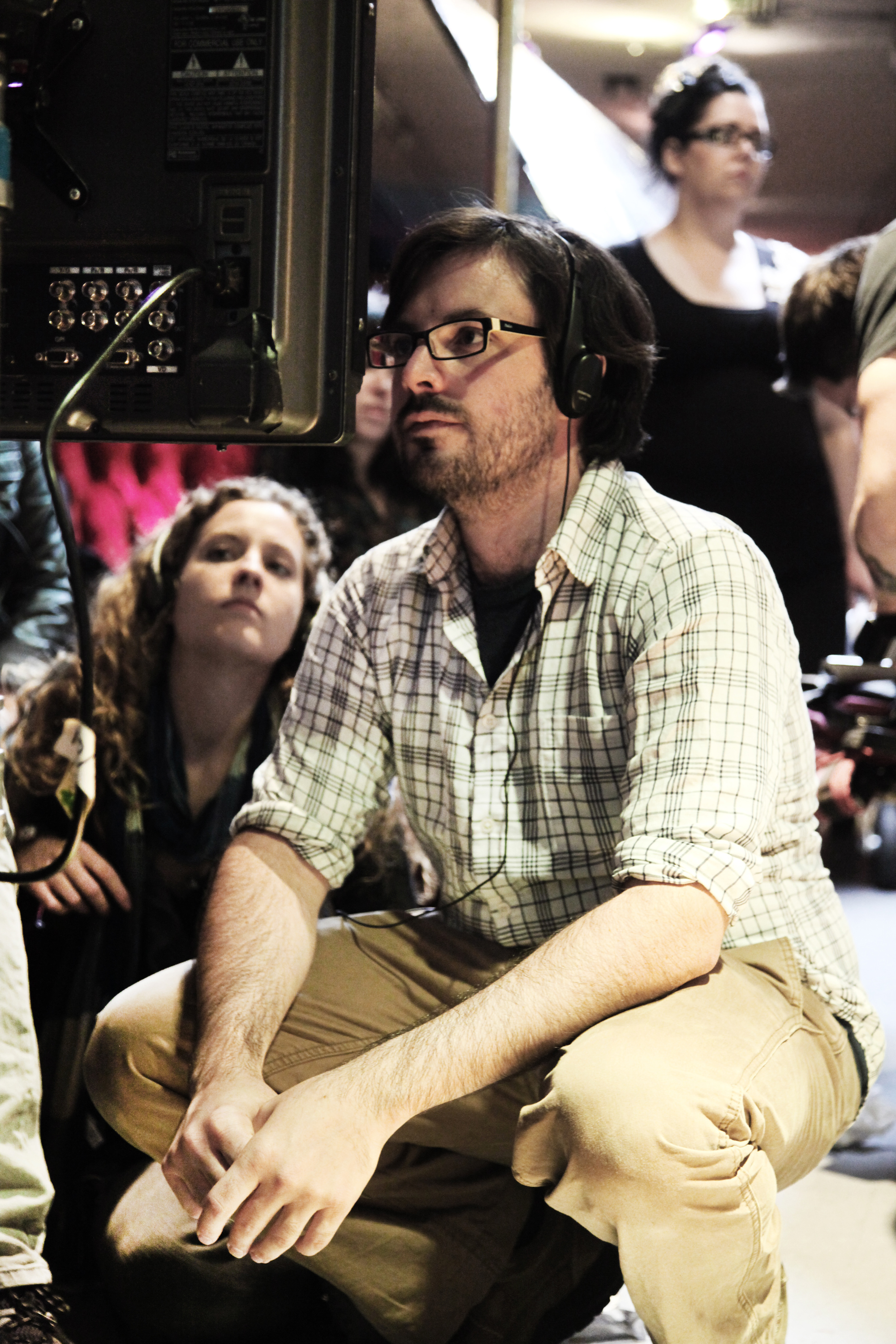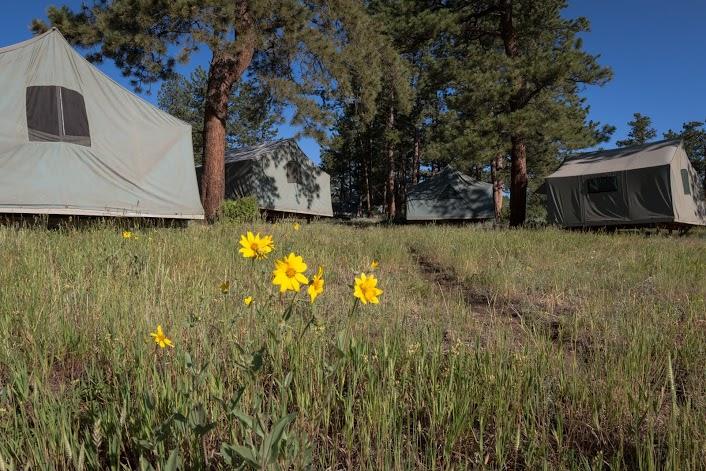Bringing Positive Change to Shambhala Mountain Center
Dear friends and supporters,
The Governing Council would like to take this opportunity to provide an update on Shambhala Mountain Center.
We know that for some time there have been concerns about Shambhala Mountain Center’s financial health, which have led to confusion, doubt and uncertainty. With this update, we wish to share some of the important strides that are being made, as well as make manifest our shared commitment to introduce appropriate remedies. These positive efforts will bring meaningful change to enable Shambhala Mountain Center to not merely get by, but to thrive.
To that end, the Governing Council is implementing a three- to four-year turnaround plan intended to ensure that Shambhala Mountain Center remains focused on fulfilling its mission and purpose, achieves financial sustainability, and offers the highest quality programs and services. To do so will require sound, innovative and creative management and oversight.
Root Causes of the Financial Issues
Many of today’s financial challenges are a result of decisions or circumstances from years – even decades – ago.
- The most challenging of these has been the need to make monthly debt payments to repay major loans that were taken out 10+ years ago. The reason for borrowing money in the first place was to enable the construction of the Rigden and Shambhala Lodges, so that Shambhala Mountain Center could offer programs year-round and meet the needs of program participants who were not able to continue living in tents.
While these buildings have been invaluable additions, and have regularly been filled during significant programs, annually the number of program participants who occupy the lodges has not reached our initial projection. For that reason, large loan payments have been due without the anticipated income to cover them, requiring that Shambhala Mountain Center find alternative sources of revenue and at times, make deep spending cuts.
- Other financial challenges involve the aging of facilities that have costly upkeep and maintenance requirements, or which need to be replaced altogether. Many of Shambhala Mountain Center’s buildings are 10, 20, even 30+ years old. One example is the need to put into place a modern water treatment system to accommodate what has become a steady increase in the number of annual program participants over the years.
- More recently, the wild fires of two years ago sharply curtailed projected program income during what are normally the peak summer months.
Below: The High Park Fire as seen from SMC
As a result of these events and occurrences, Shambhala Mountain Center needs to identify new ways to generate income and pay-off significant debt. Thus, an approach to operating the Center that may have worked in simpler times and with varying degrees of success over the past 40 years needs to be updated and revamped in order to meet current conditions and future needs.
Current Situation
Despite these challenges, Shambhala Mountain Center has been able to increase operating revenues so that they now cover 96% of our operating expenses (all but $85,000). This means that fundraising income will not be needed solely to cover the costs of operating Shambhala Mountain Center, but importantly, can also be directed to repaying debt and making facilities improvements. There are still challenges such as the seasonal nature of our revenues, and we are working to find alternative revenue streams to provide year-round income, and at the same time, building our traditional sources of revenue to increase our late-fall and winter revenues.
In order to further strengthen Shambhala Mountain Center’s health, a strategic planning process is underway to identify what institutional changes should be made to emerge from this period of financial challenges with a more balanced array of income streams. This plan will also allow us greater financial capacity to invest in our talented staff.
A commitment to operating Shambhala Mountain Center with sound management and governance principles is at the heart of our planning so that this magical, blessed practice environment can serve many future generations. We are applying principles of Shambhala governance and leadership, in combination with organizational development principles, the synergy of which will build an organization that is stable and strong, and one with a strong staff culture and community.
In fact, our serious approach to improving Shambhala Mountain Center’s operations has been a confidence builder with our lending bank, which recently indicated flexibility in working with us to identify ways to fulfill our obligations.
Importance of Adapting
We recognize that the economic environment today is different from when Shambhala Mountain Center was first formed. Today, there is greater competition from other contemplative retreat centers that are attracting individuals and groups who otherwise might choose to come to Shambhala Mountain Center.
Therefore, it is vital that we be creative, smart, and able to adapt to the times. For example, just as other institutions have integrated online learning to complement their on-site training and instruction, so Shambhala Mountain Center is launching a series of web-based conferences and courses featuring high-draw speakers from within and beyond the Shambhala community. This approach will also build a revenue stream that is neither seasonal nor location dependent.
Important Changes Already Underway
Shambhala Mountain Center has already begun taking meaningful steps to improve how it operates:
- Shambhala Mountain Center’s financial statements have been audited by an independent CPA firm for the past decade. Stronger internal financial controls, reporting and oversight have been put into place so that the Center can more accurately anticipate financial needs and find appropriate solutions, rather than respond reactively to difficulties once they have already begun.
- Developing revenue from rental fees will be an ongoing focus. Shambhala Mountain Center has a growing track record of securing agreements with community and other organizations to bring them to the land for their own retreats and programs. We see this as an important area for future growth.
- We are analyzing the best mix of programs that we can offer, with a growing emphasis on replacing the shorter weekend programs with larger and longer programs. In many ways, Shambhala Mountain Center carries similar costs for operating a small program for 10 people as it would for a larger program of 100, though there is an obvious difference in revenue between the two programs. Therefore, we need to find the right balance in offering both the accessible smaller programs, and the longer and larger programs that bring in more revenues.
- Movement has already begun toward fee-based, online programming so that participants off-land can receive instruction or training, and participate in events and celebrations taking place at the Stupa.
- The gift store is also making the transition to adding a robust online component, enabling a much larger store selection of books, supplies, clothing and other items to be available to customers 24/7, 365 days of the year.
- New marketing strategies are focusing on ways to leverage social media to create opportunities for greater interaction, which will bolster loyalty, raise awareness and spur charitable giving.
- Collaborations are being forged with other organizations to form mutually beneficial partnerships that will help all the partners achieve their respective goals. One example being discussed for 2014 is a fund-raising and awareness-raising project with the Ziji Collective (a multi-generational younger sangha organization) that would lead to an on-land event.
- Grant funding for operational and capital needs is being researched and we are applying to private foundations, as well as federal, state and county sources. As an organization incorporated to serve “educational, spiritual, cultural, intellectual, and artistic enrichment,” Shambhala Mountain Center has numerous opportunities to invite prospective funders to support our mission and work. Initial success has been positive and staff expertise is deepening in this relatively new activity for the Center.
- Plans for managed growth will be developed so that Shambhala Mountain Center’s sometimes “rustic” facilities can be upgraded and expanded to meet future needs, while still preserving its unique nature as a contemplative retreat center.
We recognize that these important changes and improvements will not be completed overnight. But they are already happening and with the ongoing support and partnership of Shambhala Mountain Center’s friends and donors, we will strive to improve month after month.
Our commitment to greater financial transparency and more open communication with the Shambhala community and other interested parties – funders, programs participants, visitors – will mean regular, informed updates to all of our stakeholders, as well as our actively seeking their input and engagement in support of Shambhala Mountain Center’s ongoing strategic development and growth
In that spirit, if you have further questions or comments at this time, we invite you to address them directly to any member of the Council.
With appreciation and lungta,
The Shambhala Mountain Center Governing Council
Michael Gayner
Director & Chair, Governing Council
Amelie Bracher
Connie Brock
Alex Halpern
Paul Kelway
Ben Medrano
Cliff Neuman
Jeffrey Stevens
Richard Reoch
Robbie Rettmer
David Schreier
Karen Wilding




Leave a Reply
Want to join the discussion?Feel free to contribute!